Lisbeth Patricia Espinoza Pineda, Farm Montaña Verde (El Mirador)
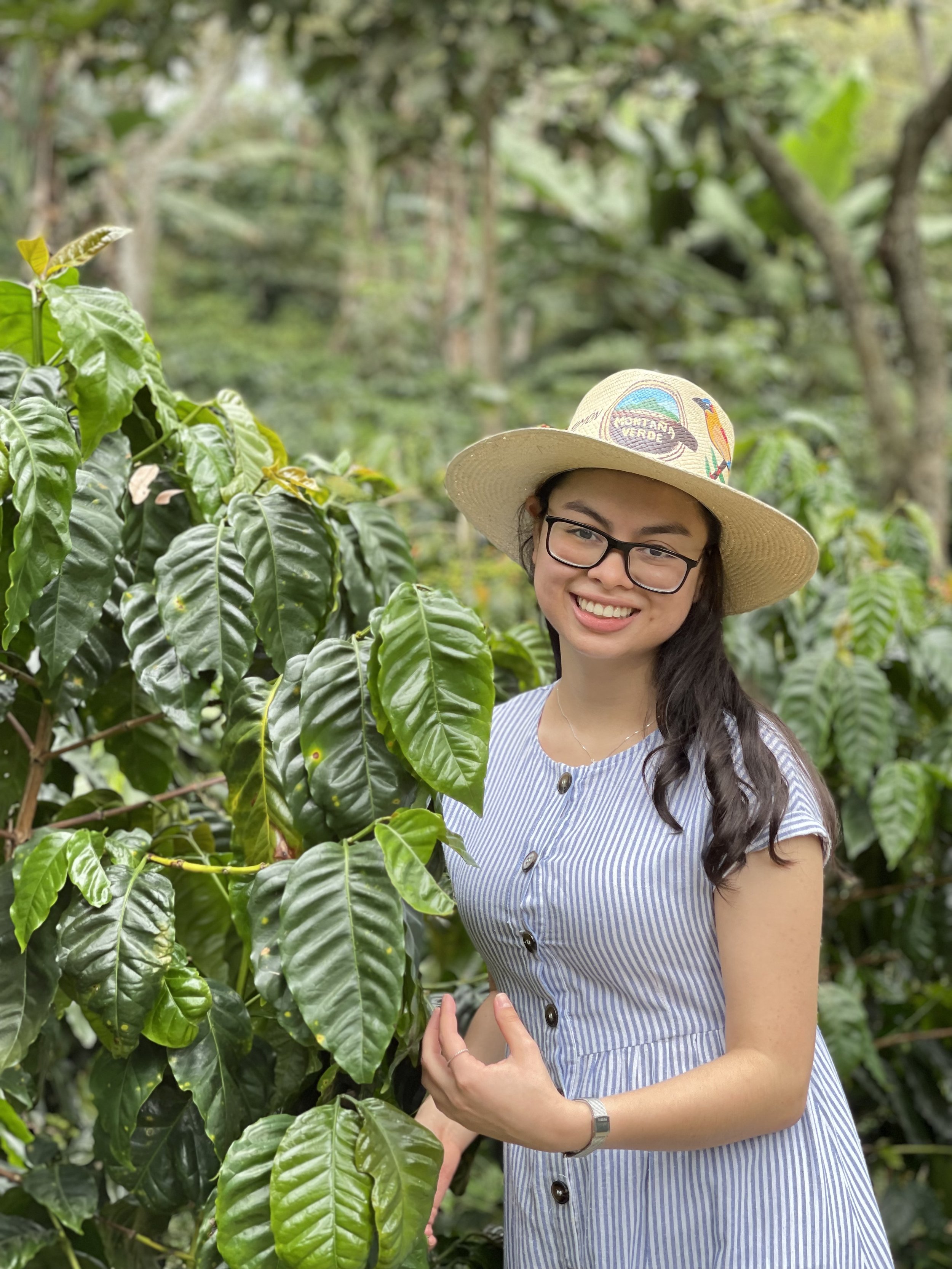
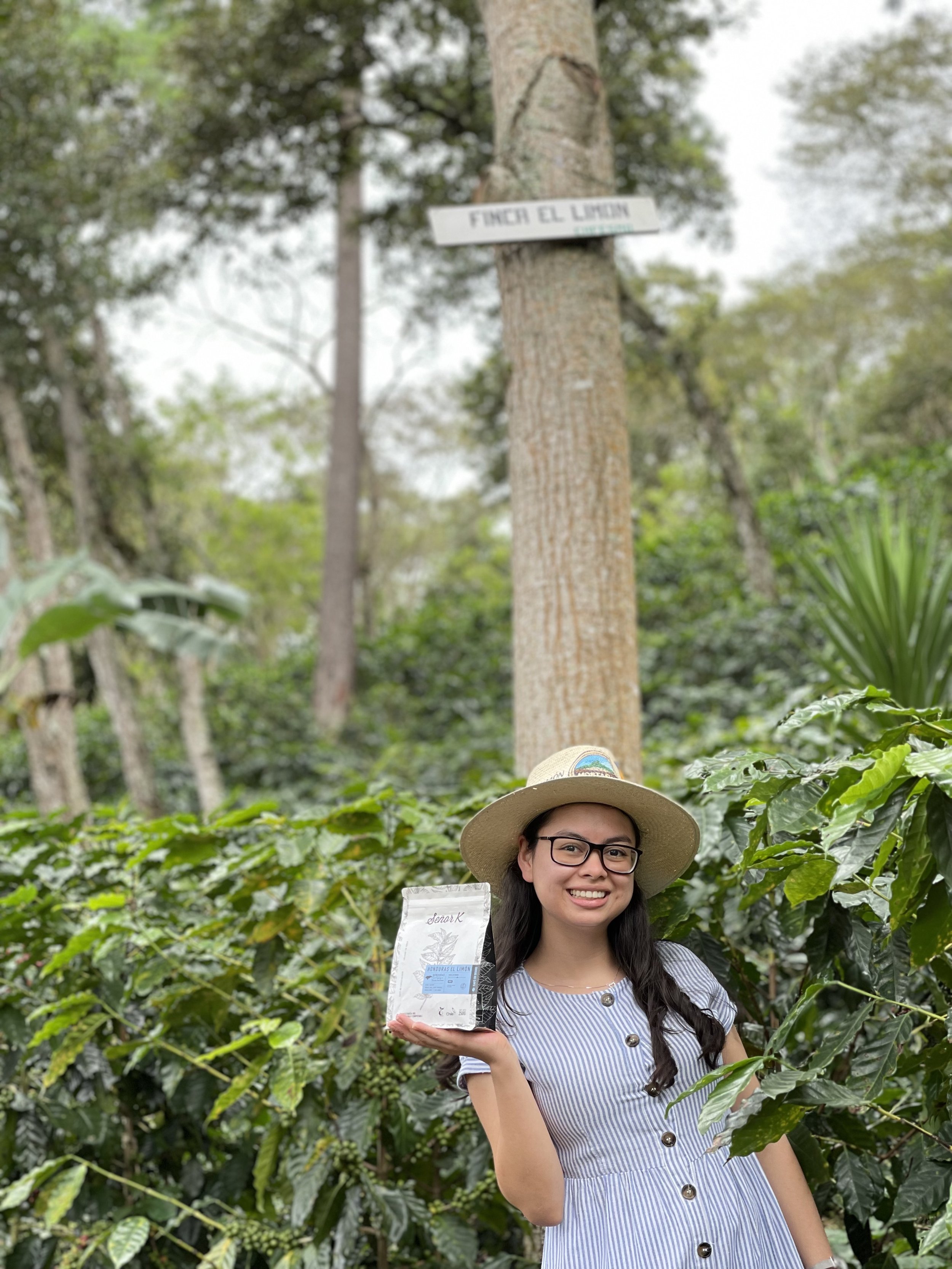
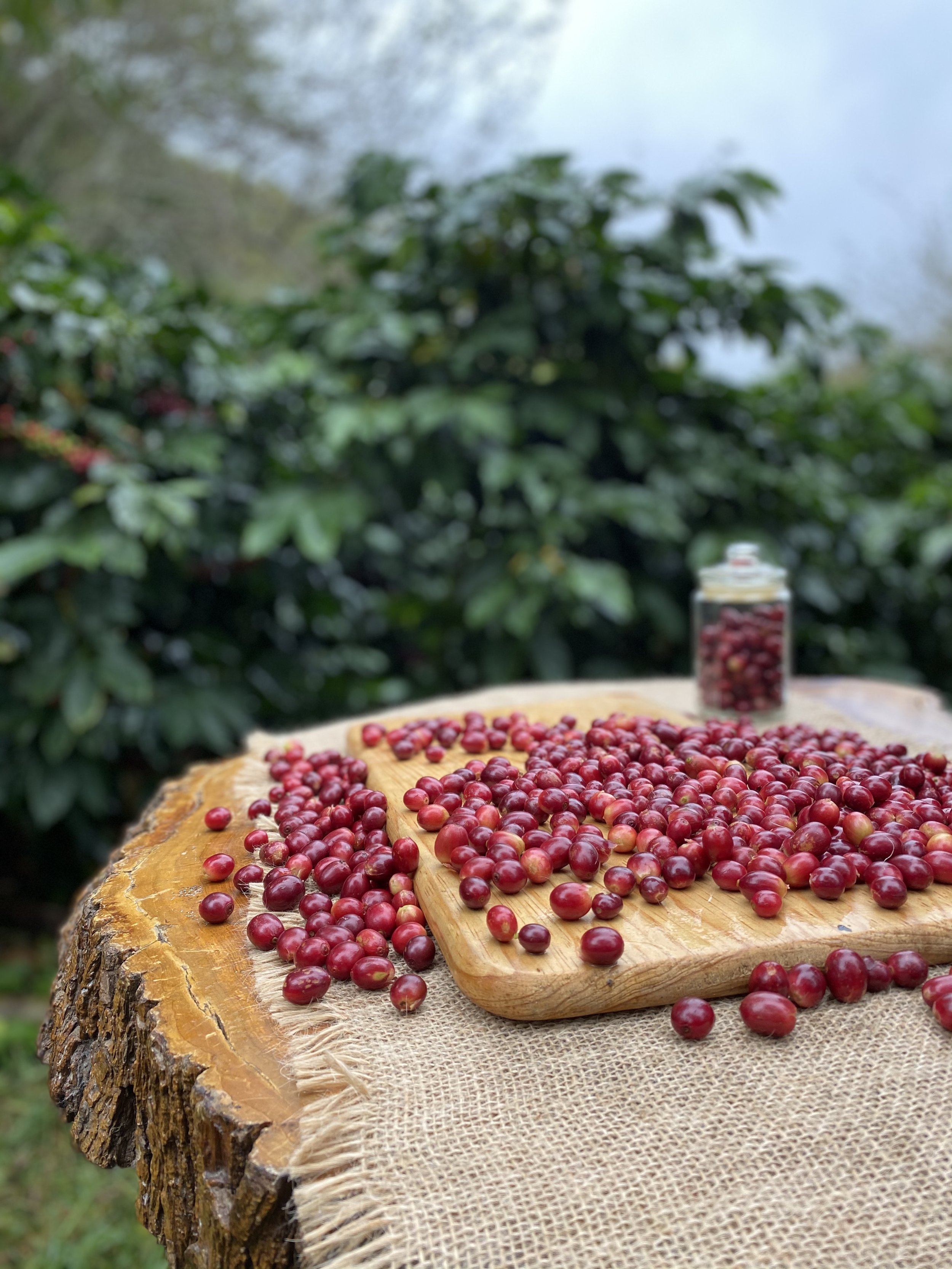

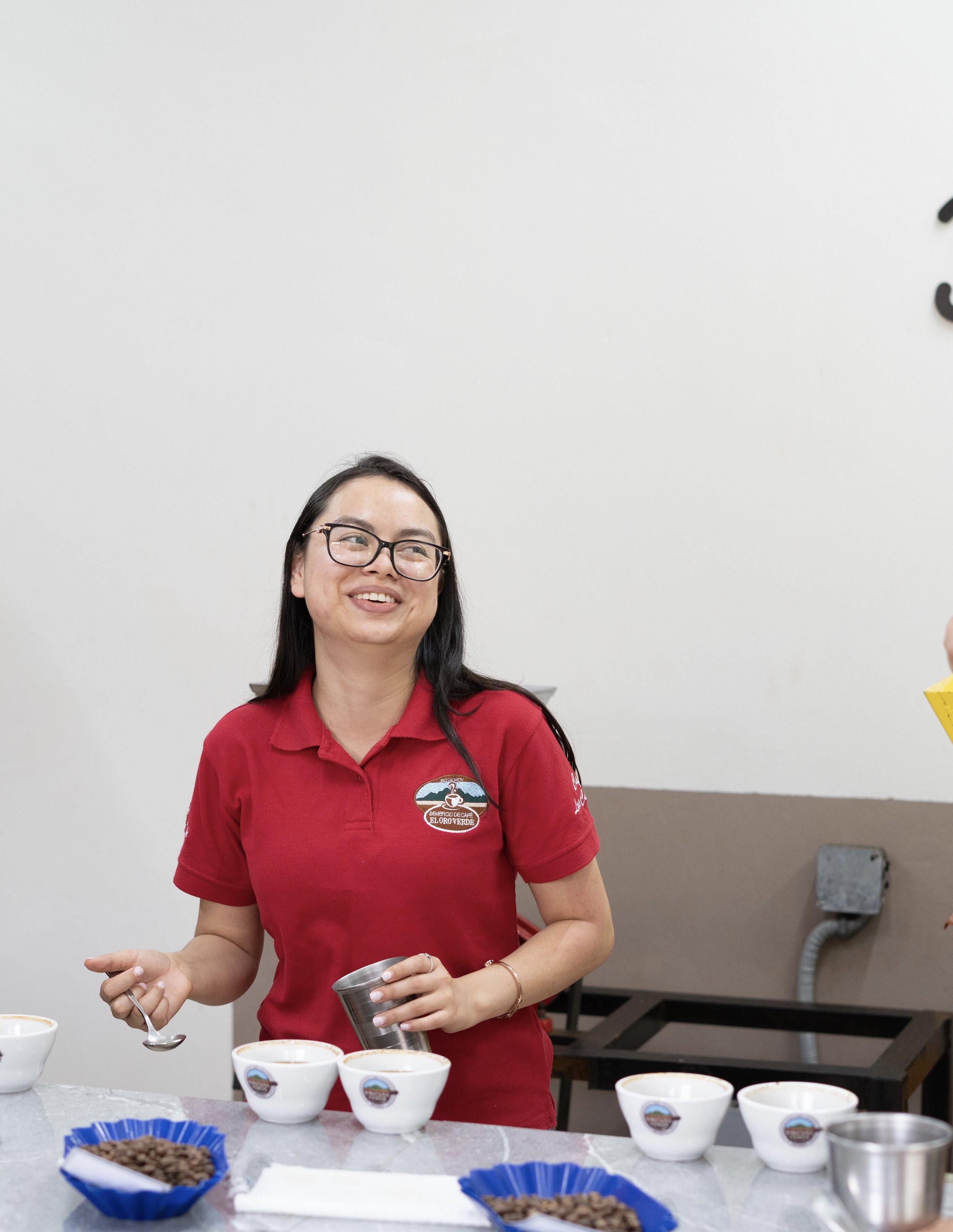
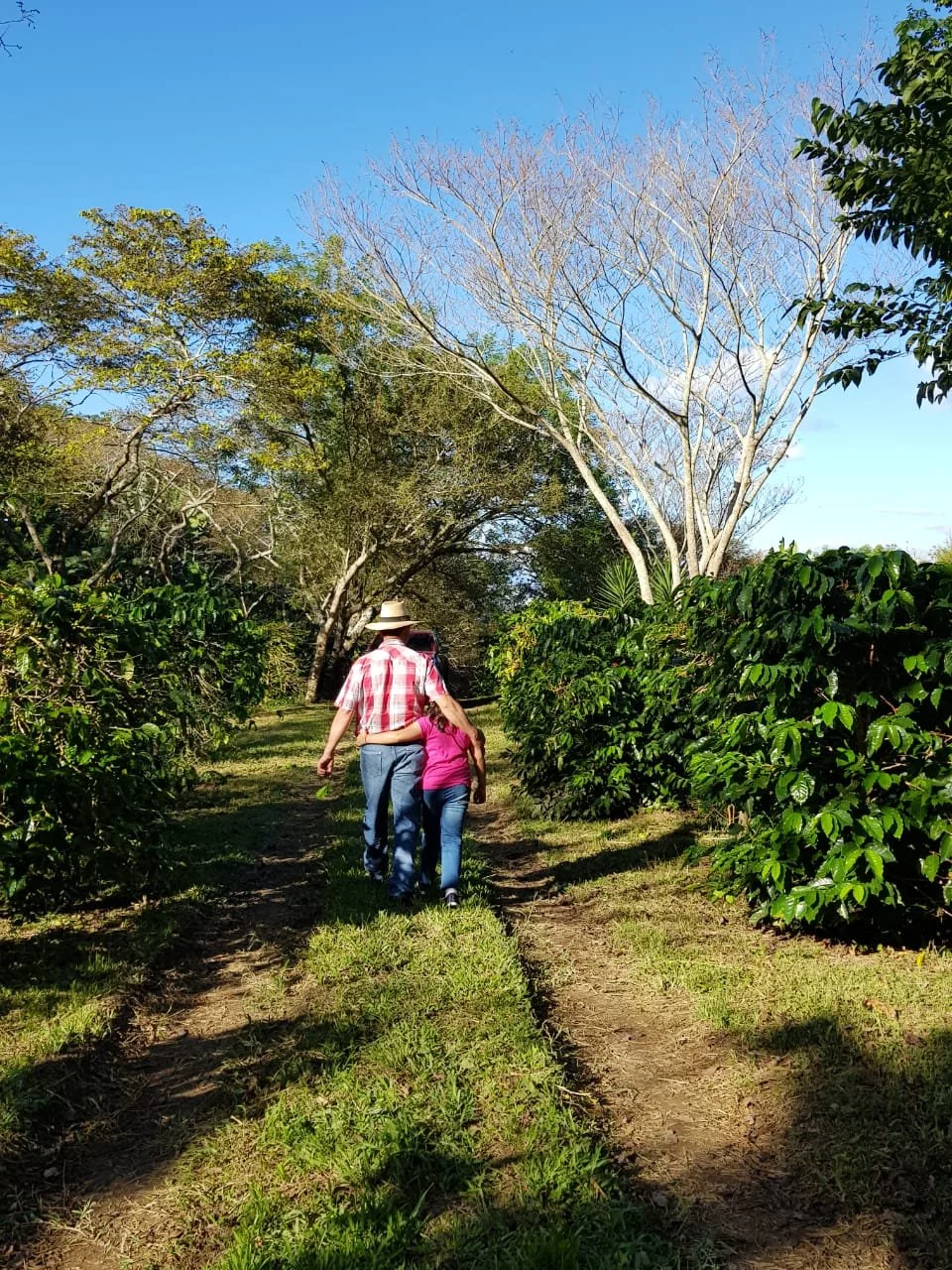
I still vividly remember the moment when I first found out how crazily important coffee has been to the quality of my life long before I realized it.
One day, when I was 13 and my dad was showing me how the new crop on our farm was blossoming, he told me that those flowers would turn into beans, and how the beans in turn would pay for my food, my education, our home, and just about everything else I did and had. ‘If’ - he added – ‘if all goes well and we have no rust leaf and the price in New York doesn’t go down too much and the weather doesn’t wreak havoc’.
For him, it was just an everyday remark. He was used to facing and fighting adverse conditions every year. But for me, it brusquely made me understand how dependent our family is on elements that are entirely beyond our control. That night, in bed, I couldn’t sleep and I felt restless for days afterwards. I wanted to help my dad and my family, but what could I do, still so young and of course not remotely ready yet to work like an adult?
And then after a few days suddenly I knew, instinctively. I asked a camera for my upcoming birthday and started taking photos of just about every little thing that happened on our farm, regardless of how insignificant it seemed. I took thousands of photos of beans and bees, flowers and flourishing, the harvest, drying and preparation of our crop. Literally everything and every moment was captured by me, sometimes to the hilarity of the rest of the family.
My efforts didn’t amount to much at the beginning, but then I discovered social media and, above all, Instagram. I started an account (@cafemontanaverde) for our family farm and have been growing it slowly but steadily ever since. I also decided to study marketing and international business at the best university of the country and my family could afford it only because I was given a scholarship.
Fascinatingly, since the first day of my study there, I naturally related everything that I was taught to our farm and to our own unique circumstances. Because coffee is by far the biggest export product of Honduras, our faculty focused much of the courses on coffee anyway, but I myself took that to the extreme and molded everything I learned into our own situation back at the farm.
Since my graduation I can focus full time on the business behind being a coffee farmer family. Because indeed, farming coffee also means nurturing relationships, selling our crop, and growing a community.
The well-being of that community is particularly important I think, as 60% of the population in our town, San Marcos, depends on coffee in a direct way for their income. I spent five weeks in Santiago de Chile with our partner Señor K in 2022 to do an internship and that’s where I saw for the first time how people live in a country much wealthier than mine.
When I came back home, I started a program to assist a local school with motivational talks, school supplies, and sometimes fruit and healthy snacks as well. We do this together with Señor K, who provide the donations to make this possible.
I also see this social work as an extension of my spiritual beliefs. Indeed, we are all here for a reason, and if I am better off than the children in my community, I consider it a blessing that I can share some of my time and privileges with them. We suffer a lot of emigration in our community. Fathers abandon their farms and travel abroad to feed their families from afar. Children are left behind and I sometimes wonder how much of a future we have if we are no longer able to care for our children?
That thought brings me back to that impactful day in our own family’s farm when I was 13 and my dad told me how my life and well-being directly depended on whatever the international market was willing to pay for our coffee. I did not consider that fair and I still don’t but now, at least, I am able to defend ourselves against the worst consequences of this unbalanced business model by seeking premium prices for our coffees and lending a hand to a new generation of children.
It is only when we work together that we can overcome obstacles and grow. Our family business is called Montaña Verde and my own piece of land is ‘El Mirador’, which means ‘The viewpoint’, because of the breathtaking panoramas over the valley and our nearby town.
Everyone in our family uses their unique skill set to contribute to our business. My cousin Francisco for instance is in charge of quality control and he is a graduated Q-grader. Together with my dad they develop great, distinctive profiles for our micro-lots that allow for us to propose a distinguished, ample range of coffees. We prepare washed, natural and honey coffees and Francisco is also working with anaerobic fermentation. Some of the flavors are quite funky and all offer the chocolatey, creamy and fruity hints that are proper to our region.
At ‘El Mirador’ I like to focus on soil and tree preservation and I have a predilection for honey and natural lots, which I dry for 15 days (honey) or even up to 20 (natural) on African beds. Curious to find out more? Eager to try some of our coffees? Feel free to visit our Instagram account or reach out to me. We’re a bright and ambitious family!
Farm Facts
The farm is located at 1,125 altitude and measures 4,5 hectares.
The main varietals are parainema, catimor, and catuaí
Shade is provided by trees native to our region, like Robles, Malsinca, Guamo, Cedro and Cacao Nance as well as lime trees, the fruits of which we use for our own consumption.
The farm is organic, fair trade, and RA certified.
